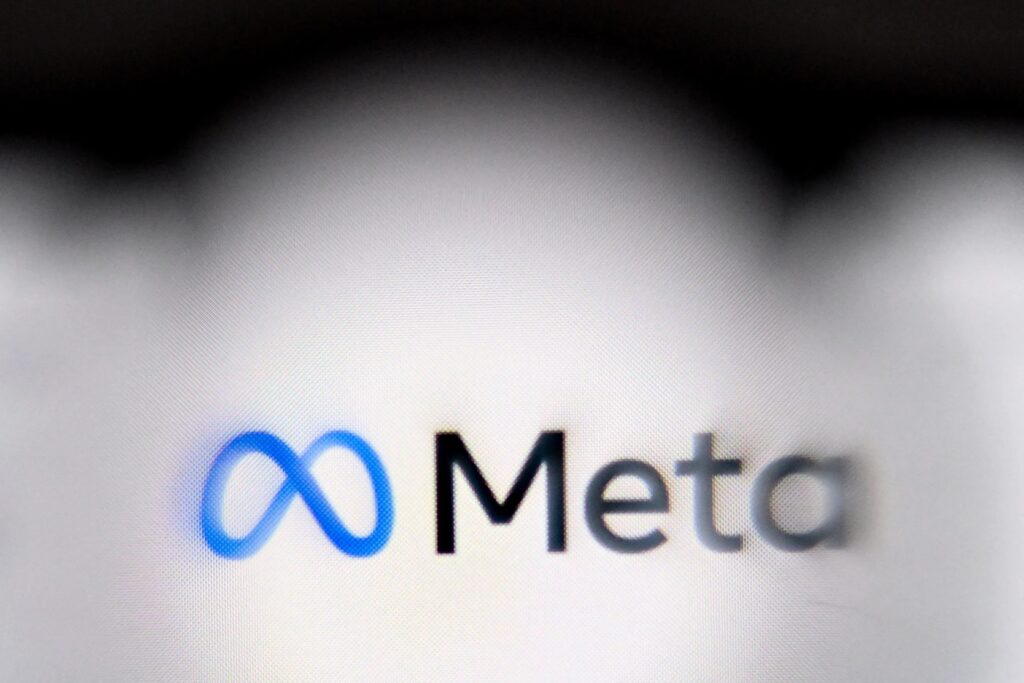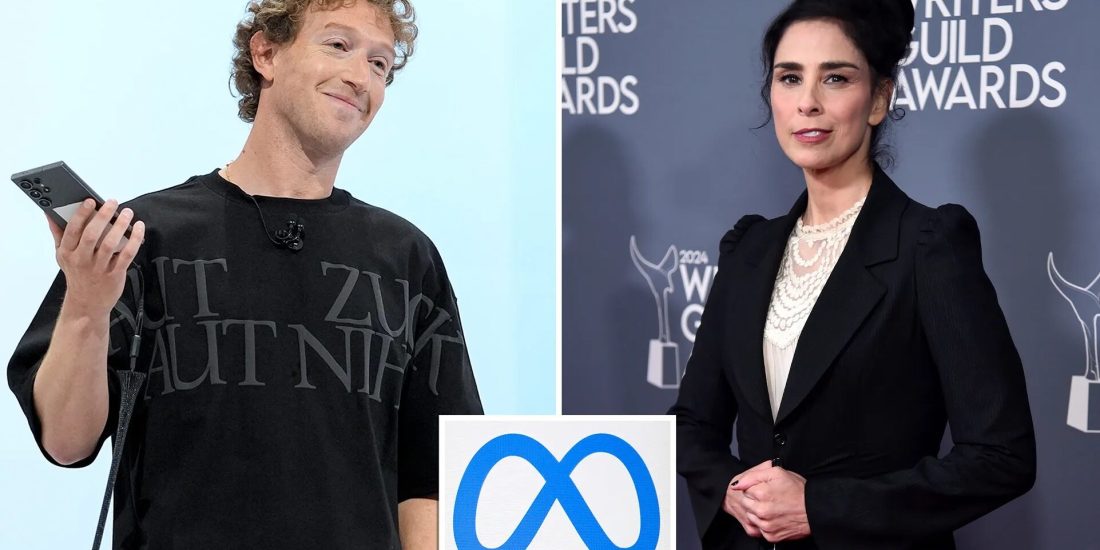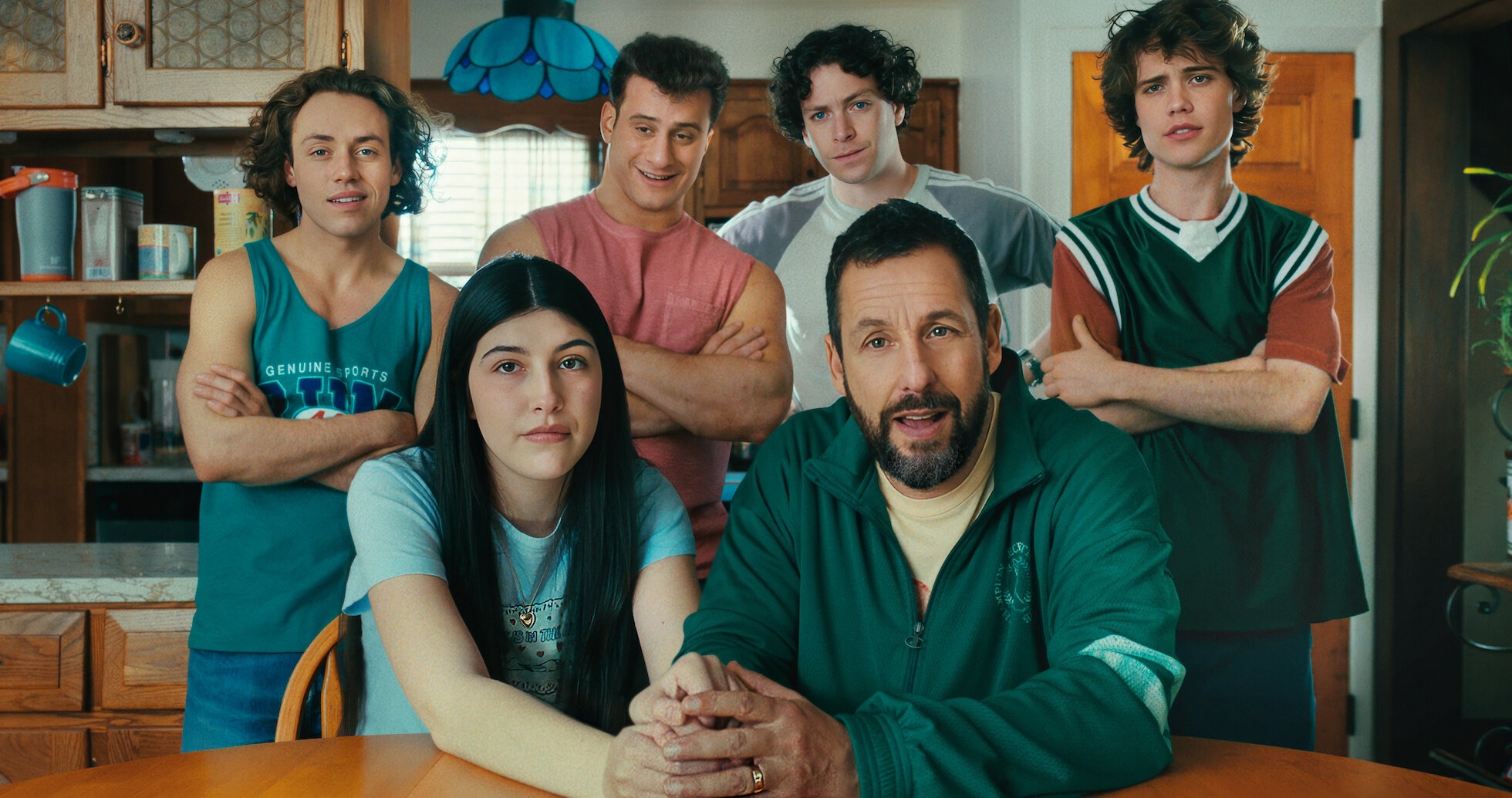A federal judge just handed Meta Platforms a pivotal win in the closely‑watched AI lawsuit against Meta filed by comedian‑author Sarah Silverman and fellow writers.

While The AI Lawsuit Against Meta isn’t over, Wednesday’s ruling is a strong signal that courts may view large‑language‑model training as fair use—unless plaintiffs can prove direct market harm.
Below is a plain‑English breakdown of what happened, what’s still in play, and why every creator should keep an eye on Silverman v. Meta.
How Did We Get Here?
The AI Lawsuit Against Meta:
- June 2023 — Complaint filed: Silverman, Richard Kadrey and other authors sued Meta in California, claiming the company illegally scraped their books to train its Llama language models.
- January 2024 — Meta moves to dismiss: Meta argues that ingesting text to “learn” language is transformative and protected by fair use, comparing LLMs to humans reading books.
- July 2025 — Judge Vince Chhabria rules: Most of the copyright‑infringement claims are tossed, finding the training highly transformative. Silverman’s lawyers can continue only on a narrow theory that Meta distributed copies of the books during data preparation.
The Court’s Key Fair‑Use Findings
| Fair‑Use Factor | Judge Chhabria’s Take |
|---|---|
| Purpose & character | Training an LLM to generate new text is “fundamentally different” from publishing the books. Transformative ✔︎ |
| Nature of the work | Books are creative, but that’s outweighed by transformative use. |
| Amount used | Entire books were copied, but necessary for the transformative purpose. |
| Market effect | Plaintiffs failed to plead direct competition, e.g., Llama spitting out rival memoirs that replace Silverman’s. No substantial harm alleged. |
Takeaway: The judge says the door is still open for authors in future cases to argue that AI outputs will saturate the market with derivative works, undercutting book sales.

Why Meta Won This Round
- Plaintiffs focused on licensing fees rather than substitution harm (AI works competing with originals).
- Meta stressed that its models learn patterns, they don’t store or redistribute books verbatim.
- Courts are inclined to treat LLM training like researchers reading libraries of books.
The Remaining Claim
Silverman’s team can still pursue accusations that Meta distributed the copyrighted texts when compiling datasets—e.g., by uploading full books to public GitHub repos or sharing with contractors.
Discovery will decide whether that happened and how many copies were made.
Implications for Creators
1. Fair‑Use Defense Strengthening
With Anthropic winning a similar motion on Monday, AI firms now have two favorable precedents. Expect them to cite “transformative learning” in every brief.
2. New Litigation Blueprint
Judges are signaling the winning theory is market substitution: Show that AI outputs replace your revenue stream. Musicians might highlight AI songs cannibalizing streams; screenwriters could point to LLM‑generated scripts flooding spec markets.
3. Pressure for Opt‑In Licensing
Even while cheering the ruling, Judge Chhabria wrote that AI giants “will figure out a way to compensate copyright holders” because the tech is worth trillions. Translation: Congress or collective‑licensing models may be next.
4. Contract Clauses & Watermarking
Publishers and studios are accelerating watermark tech and contractual AI‑use bans to retain evidence for future claims. If you license IP, lock down training rights explicitly.
What Happens Next?
- Discovery phase on the distribution claim.
- Possible appeal to the Ninth Circuit over the fair‑use dismissal.
- Legislative action: The U.S. Copyright Office’s AI study is due Q4 2025; bipartisan bills on data transparency are circulating.
Bottom Line
The AI lawsuit against Meta didn’t end the fight—it clarified the battlefield.
Creators must gather proof of economic harm and push for licensing frameworks. Tech companies won two rounds, but the match is far from over.









